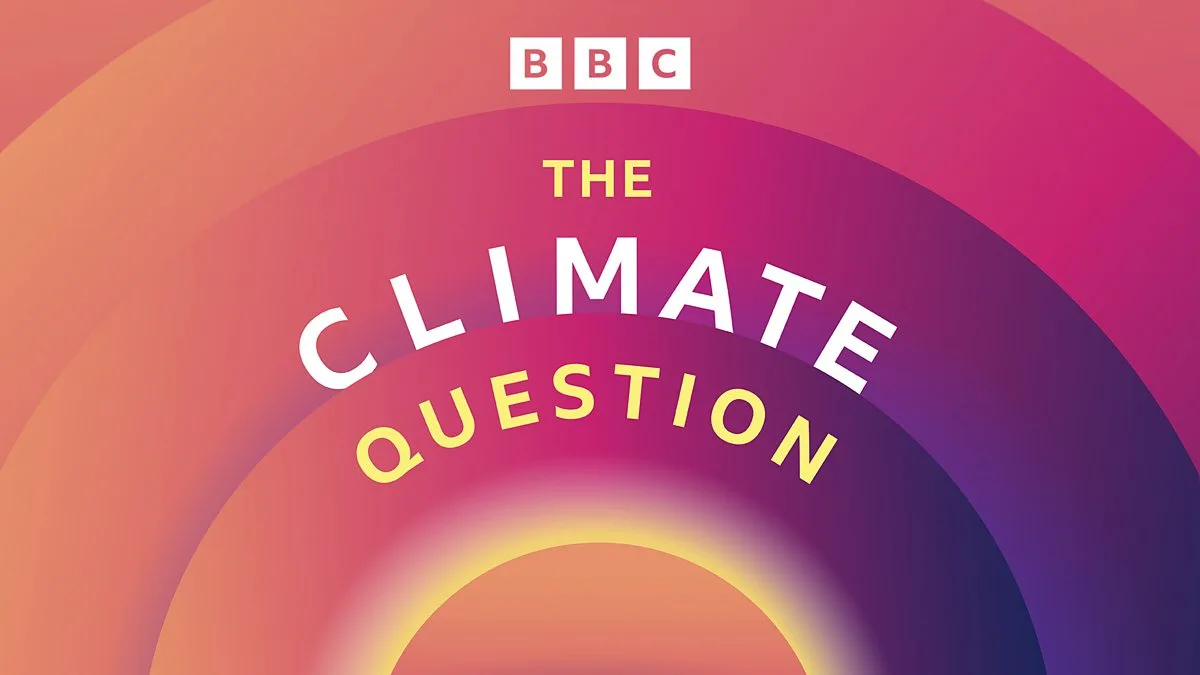I’ve wanted to play with packet radio for a while now. It’s a shame the article pimps a Cloudflare site (winlink). It’s fitting in a sense though because there is a ban on using encryption over the ham radio bands. So the emails over packet radio must inherently be exposed to the world anyway.
- 8 Posts
- 9 Comments

In contrast, I think psilocybin reinforces the narrative that we’re individually responsible for climate change.
It’s not about blame. This is what the climate deniers try to push: “it’s not humans fault thus we are not responsible for fixing it”. A solution is what matters, not looking for who to blame.
People who are psychologically flexible are the ones who are signing up to stop contributing to the problem and who can become part of the solution faster than systemic change can be deployed.

I would like to add that refusal to “ditch their car” is ignoring a glaring problem: Many cities are not walkable, and/or people live too far away from employment to choose cleaner options.
That’s not an oversight. Choosing to live and work in places that do not require a car is part of the act of ditching the car. Indeed, ditching the car is not as simple as selling the car in many cases.
In my case ditching the car meant vacating the shitty car-clusterfucked city I was in. I switched to public transport for a few years then realized that’s just a baby step (a city bus with just 5 people is as bad as 5 cars each with 1 person). So from there I migrated to a bicycle.
It’s not guaranteed to be a positive experience or produce a “climate-friendly” change in mindset.
Indeed it’s not for everyone. And in fact it’s somewhat late. The study shows that those who take psilocybin before they reach the age 35 are for the rest of their lives more open minded. I don’t think you can easily refute that. The leap I’ve made from there by saying open-mindedness is conducive to adapting to a changing world (being flexible about changing one’s own lifestyle) is probably not far-fetched. But certainly it’s not for everyone.
Prediction: meditation will become more popular and the short-cut (psilocybin) will become a more and more liberated option in the future. It will make populations more adaptable to a changing world and future crises. At this point, I can see psilocybin helping people better adapt to a fully played out climate impact 20 years from now.

US banking rules are tough to comply with if you don’t know your customer. Tor makes that hard.
This is covered by 31 C.F.R. § 103.121, which requires:
- name
- date of birth
- residential address
- identification number (SSN for natural US persons)
That’s it. They don’t need your IP address and they do not need to track your realtime whereabouts. That may sound baffling because banks often demand much more info than that. The Patriot Act tells banks they can collect more information for KYC purposes. This ensures that customers cannot sue their banks for data over-collection. So when the bank says “we need to know where you work, how much you earn, what your profession is, etc, because ‘Patriot Act’…”. They’re being sneaky and misleading. They do not have to collect all that info, but they can, if they want. And they often want excessive amounts of info because it’s profitable. Since there is no GDPR in the US, banks can misrepresent the purpose of data collection. They can say “we collect that info for KYC/Patriot Act” when they actually just want to feed their market research.
Some banks allow Tor logins thus demonstrating that it’s legally compliant.

The big one in the US is Amalgamated Bank. Others are listed here
It’s useful to cross-reference that list with the bad list. Amalgamated welcomes Tor users onto its sales website but if you register for an account and try to login you will be blocked.
That bank.green site may give a good starting point for short-listing, but it’s important to do further investigation. Note for example:
- Beneficial State Bank (BSB) writes car loans even for city dwellers. WTF? Yeah, not green.
- BSB also uses Cloudflare, which pushes graphical CAPTCHAs thus has an excessive CO₂ footprint.
- BSB also uses FedEx (the worst courier for the environment).
- BSB forces customers to get their app from Google playstore (Google, who helps Total oil company find places to dig).
- BSB uses a variety of Microsoft products & services (linkedin, email) and MS is obviously quite bad for the environment (e.g. partnership with Chevron).

 0·10 months ago
0·10 months agoI love how that site is not in the slightest enshitified, just as we would expect for something with low-tech in the name. No CAPTCHAs or popups, cookie walls or other bullshit. Very hard to find good websites like this. Search engines should give that site a top ranking.

 0·10 months ago
0·10 months agoIf solar energy is collected from such remote areas, is there perhaps a show-stopping problem of transmitting that power out to city? Transmission has huge losses over great distances.
There was a recent proposal to cover train tracks and (I think) some segments of rivers with solar panels. One of the problems IIRC was transmitting the power. My memory is a bit fuzzy on it… not sure why they couldn’t just directly power the electric train that runs below them… but whatever the issue was, it might be the same issue as the desert would have.
Your examples - forest mountain, pasture - wouldn’t be called desert - at least not in english (the interpretation may vary with language)
You can’t really trust layperson’s common English here. There are vast forests which are not being tagged as “forest” because a majority of trees don’t reach a certain defined height. These non-forests are useful for decarbonization but they’re being cleared on the basis that they are not technically a “forest”. So now there is a movement to protect these non-forests.

 0·1 year ago
0·1 year agoI’m printing stuff every week and it need not be archive quality. Examples:
- notes for a talk (no projector)
- flyers of upcoming events/protests/demonstrations to post around town
- CVs (coffee/tea ink would be ideal if interviewing for a Greenpeace or digital rights gig, toner otherwise)
- snail mail. Copious snail mail. Probably 95+% of the population of humans and corporations use Microsoft or Google for email. Both of those surveillance capitalists block me (based on sloppy preemptive IP reputation) – but even if they didn’t, I won’t even share my email address with #GAFAM pawns because I will not serve as a surveillance capital supporter or allow myself to be part of their data collection. If there’s a non-email means of comms, it’s typically Twitter or Facebook (also non-starters for me).
- patterns for sewing
- paper cheques. Bill pay services are outsourced by banks to 3rd parties. Costs nothing but the privacy is suspect (IOW, they profit from the data sharing). So I’ve gone back to paper cheques. Though coffee/tea ink would not work for this… must be MICR toner.




Enshitification warning: #Arstechnica manages to push bandwidth-wasting autoplay video in a way that bypasses Firefox’s setting to disable autoplay.